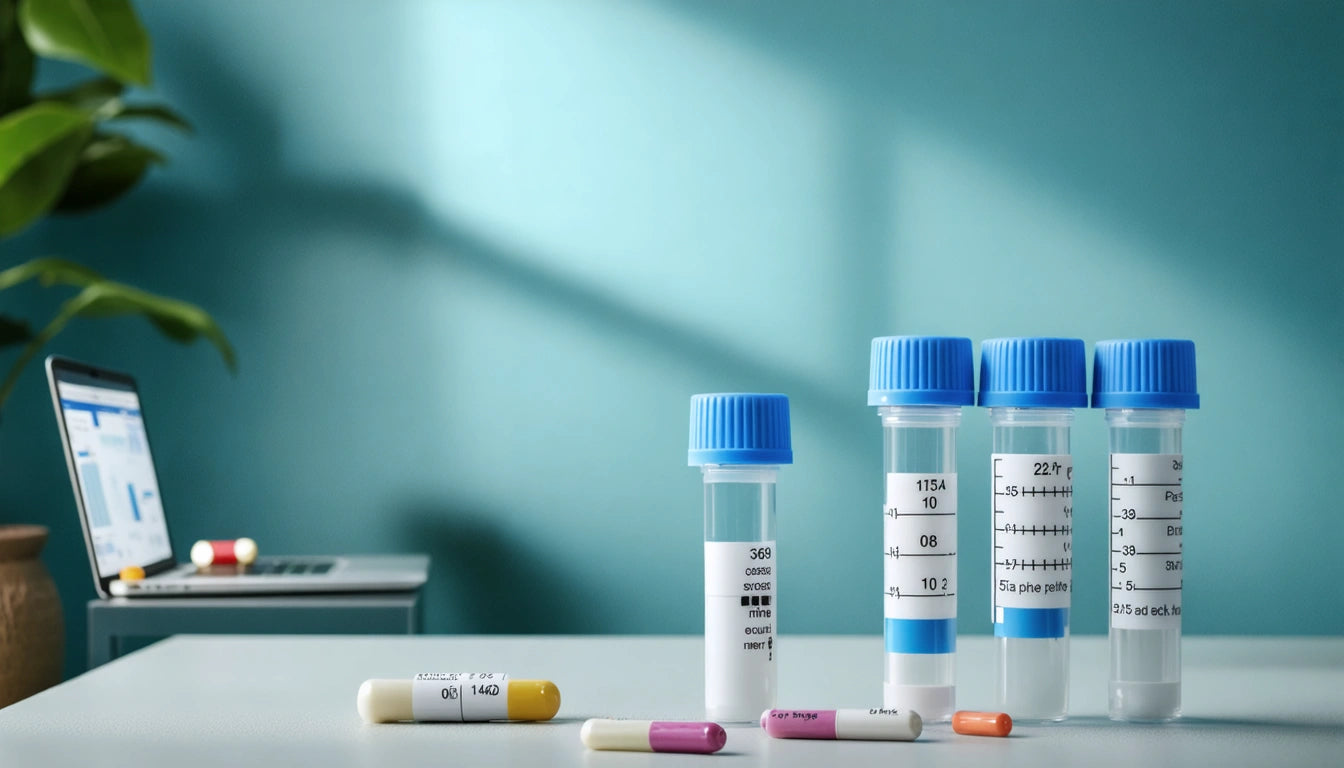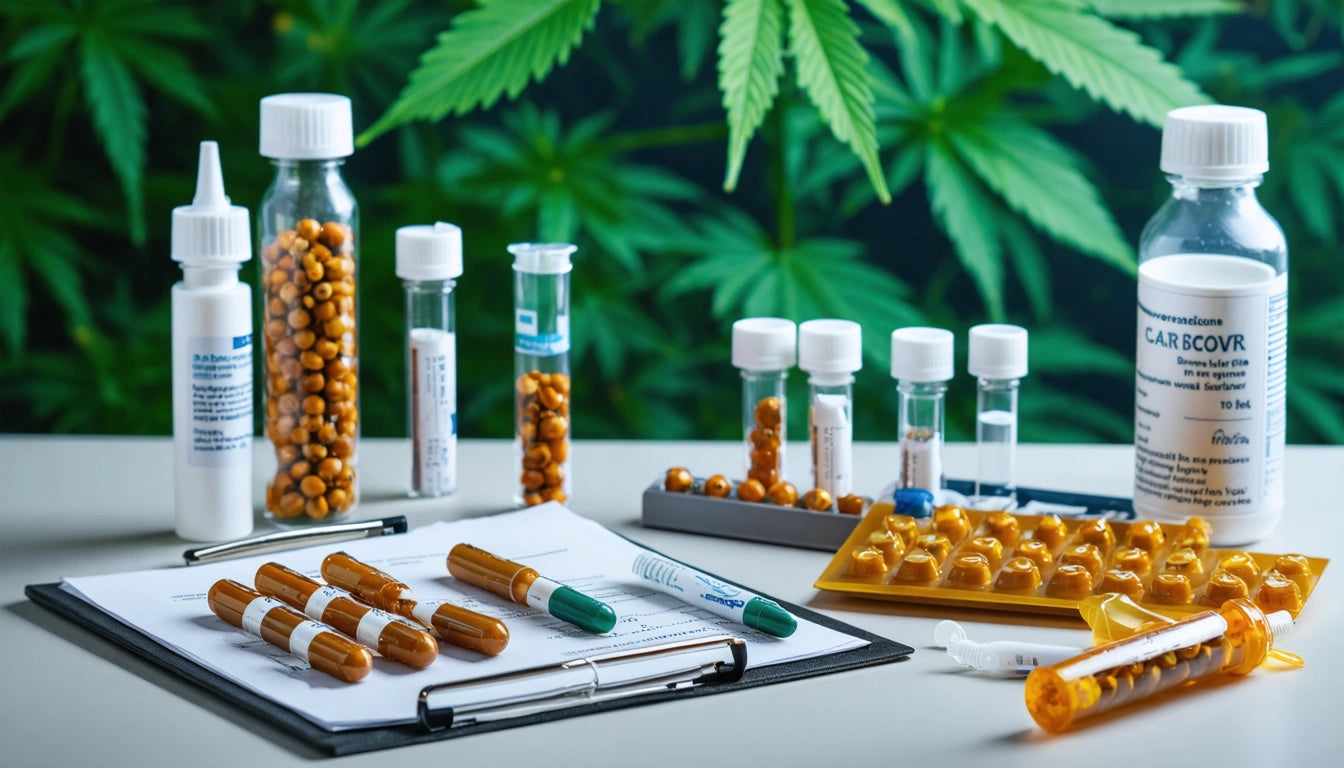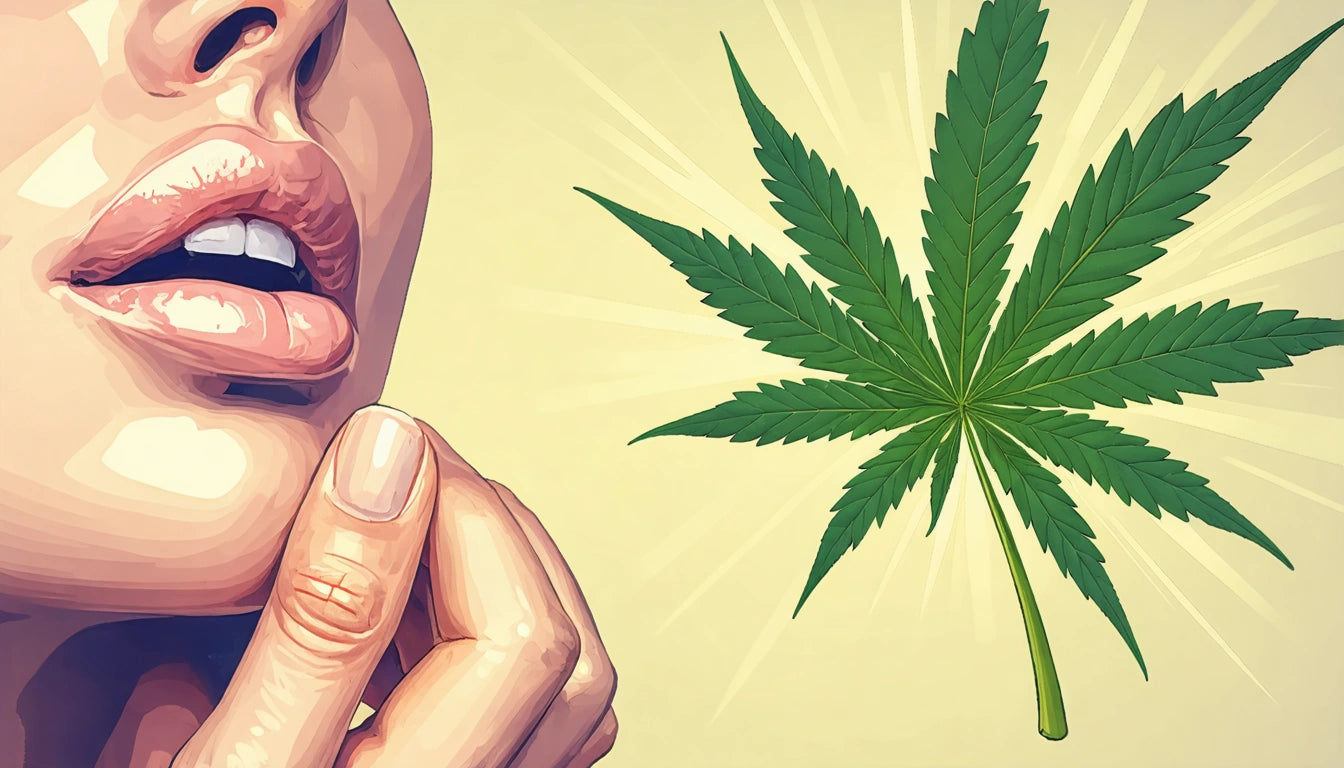Table of Contents
How Much Urine Is Needed for a Drug Test?
Understanding how much urine is needed for a drug test is essential for anyone facing pre-employment screening, workplace testing, or medical examinations. The required volume can vary depending on the testing method, the number of substances being screened, and the testing facility's protocols.
Standard Urine Volume Requirements for Drug Tests
For standard urine drug tests, the typical volume requirement ranges from 30 to 60 milliliters (ml), which is approximately 1 to 2 ounces. This amount ensures that technicians have sufficient sample for initial testing and potential confirmation testing if needed.
Most collection cups are marked with measurement lines to indicate the minimum required amount. The standard drug test cup typically has a 45ml minimum fill line, though some testing facilities may require slightly different volumes depending on their specific protocols.
Minimum vs. Recommended Amounts
While 30ml is often cited as the minimum amount needed for a basic drug screen, collection sites typically request 45-60ml to account for:
- Initial screening tests
- Confirmation testing if initial results are positive
- Split specimen testing (dividing the sample for independent verification)
- Quality control procedures
According to standard collection protocols, providing more than the minimum amount is always recommended to avoid having to repeat the collection process.
Different Testing Methods and Their Sample Requirements
The volume of urine required can vary based on the specific testing method being used.
Basic Immunoassay Tests
For basic panel tests that screen for common substances like marijuana, cocaine, and opiates:
- Dipstick tests: 30ml minimum
- Cup-based immunoassay: 30-45ml
- Laboratory-based immunoassay: 45ml recommended
Expanded Panel and Confirmation Testing
For more comprehensive testing or when confirmation is needed:
- 10+ panel tests: 45-60ml
- GC-MS confirmation: Additional 15-30ml may be needed
- Specialty testing (synthetic drugs): Up to 60ml
Pre-employment drug screens typically follow standard protocols requiring about 45ml of urine, as outlined in common pre-employment testing guidelines.
Challenges with Insufficient Samples
Providing too little urine can lead to several complications in the testing process:
- Inability to complete the required test panels
- No sample available for confirmation testing
- Test may be marked as "insufficient specimen"
- Requirement to provide a new sample under observed conditions
- Potential delays in employment or medical processes
When a sample is deemed insufficient, the collector will typically document this as a "shy bladder" situation if the donor cannot provide enough urine. In most cases, donors are given up to 3 hours and encouraged to drink up to 40 ounces of fluid to produce an adequate sample.
For those concerned about hydration levels affecting test results, there are specific guidelines on water consumption before a drug test that balance proper hydration with avoiding dilution.
Tips for Successful Sample Collection
To ensure you can provide sufficient urine for your drug test:
- Drink 2-3 glasses of water 2-3 hours before your test
- Avoid excessive water consumption, which can dilute your sample
- Don't urinate for 2-3 hours before your scheduled test
- Avoid diuretics like caffeine before your test
- Schedule your test for the morning when urine is typically more concentrated
Many people find that using specialized equipment like our precision grinder machines for preparing herbal materials can help maintain consistency in their lifestyle routines, though it's important to understand how various substances interact with testing protocols.
Privacy and Handling Procedures
Understanding the collection process can help ease anxiety about providing sufficient samples:
Standard Collection Procedures
Most collections follow these steps:
- You'll receive a specimen cup with temperature strip
- Private bathroom facilities are provided (unless observed collection is required)
- Temperature is checked within 4 minutes (must be 90-100 °F)
- The collector will verify the volume meets minimum requirements
- Sample is sealed with tamper-evident tape in your presence
Split Specimen Collection
In some settings, particularly DOT testing, your sample may be split into two containers:
- Primary specimen (Bottle A): 30ml minimum
- Split specimen (Bottle B): 15ml minimum
This split requires more urine overall but provides an important safeguard, allowing for independent verification if needed. The duration of detection varies by substance, as detailed in this comprehensive guide on detection windows.
Future Innovations in Drug Testing Technology
The field of drug testing continues to evolve, with several trends potentially affecting sample requirements:
- Microvolume testing techniques requiring smaller samples (as little as 10-15ml)
- Point-of-collection testing (POCT) devices with integrated confirmation capabilities
- Alternative matrices like oral fluid or hair that eliminate the need for urine
- Advanced analytics requiring less volume for more comprehensive testing
Despite these advances, standard urine testing remains the most common method due to its established protocols and cost-effectiveness. Understanding the full testing process, as explained in this detailed overview, can help you prepare properly.
Whether you're facing a pre-employment screen, random workplace testing, or medical examination, knowing the standard requirement of 45-60ml of urine will help ensure a smooth testing experience without the complications of insufficient samples.











Leave a comment
All comments are moderated before being published.
This site is protected by hCaptcha and the hCaptcha Privacy Policy and Terms of Service apply.